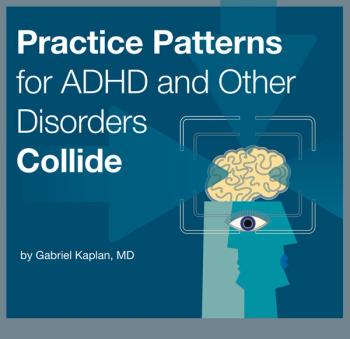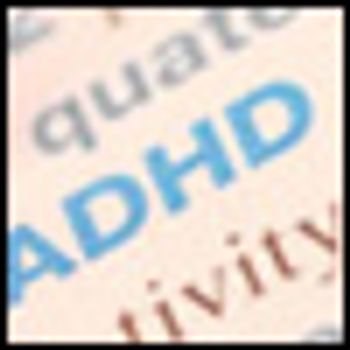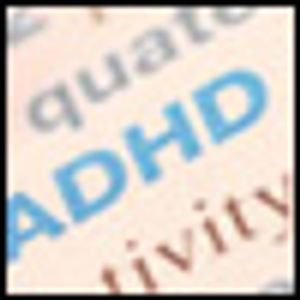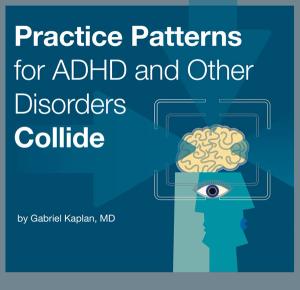
Recent data show that widespread discrepancy exists between clinical guidelines and practice patterns for ADHD, dementia, and bipolar disorders.

Recent data show that widespread discrepancy exists between clinical guidelines and practice patterns for ADHD, dementia, and bipolar disorders.

Here: practical tips on how to proceed with the treatment recommendation process with families who prefer therapy alone.

What forces influence your decision to treat ADHD? Case vignettes and a back-to-basics approach may bring clarity to the diagnostic and therapeutic clinical processes that surround the decision.

Research over the past 2 decades has demonstrated that ADHD occurs frequently and causes considerable suffering in patients and their families. ADHD begins in early childhood and persists through adolescence and into adulthood in 70% of those affected.

This discussion focuses on approaches to improve medication adherence, particularly in reference to helping adolescents remain on recommended psychopharmacological regimens when transitioning from acute to long-term maintenance.

Published: June 11th 2014 | Updated:

Published: September 21st 2015 | Updated:

Published: March 27th 2012 | Updated:

Published: November 6th 2012 | Updated:

Published: February 9th 2016 | Updated: